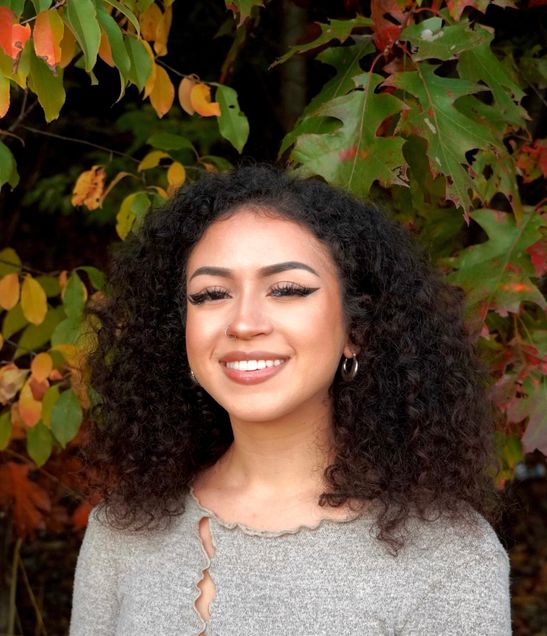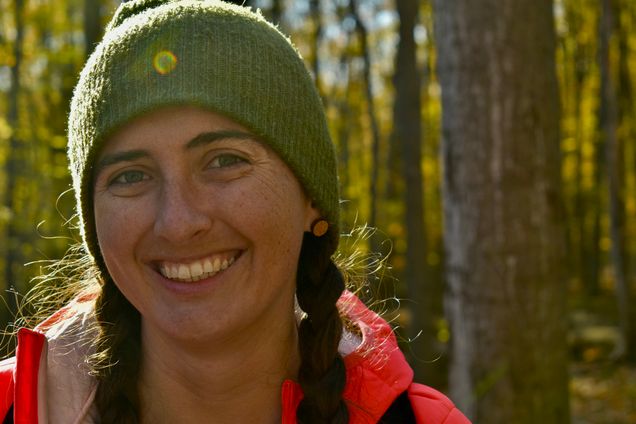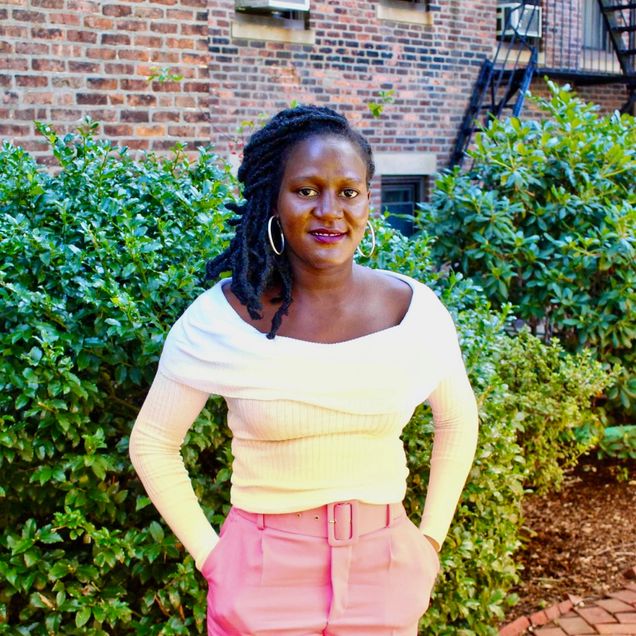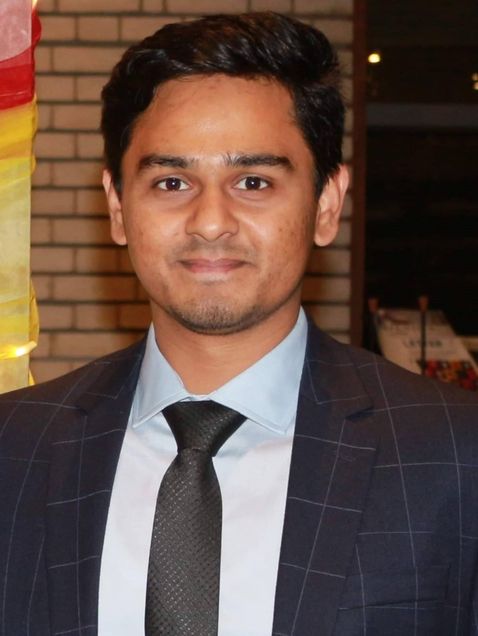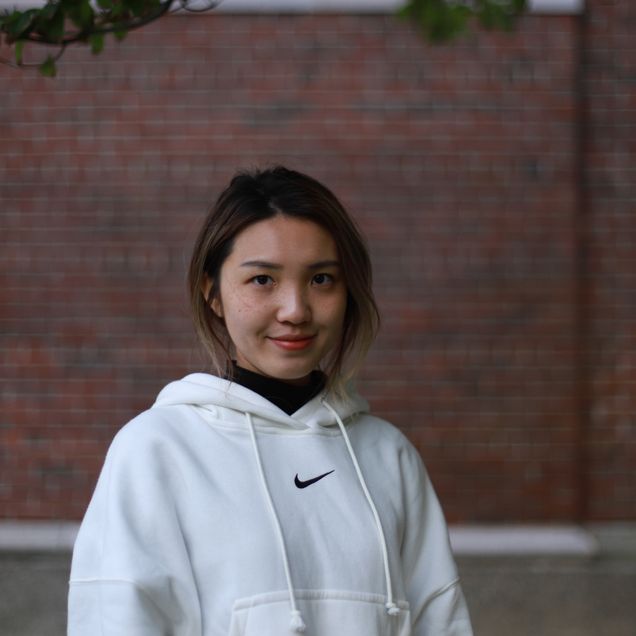Meet the 2023 Summer in the Field Fellows

By Christina Duran
The Boston University Global Development Policy (GDP) Center is proud to present the 2023 Summer in the Field Fellows. These nine Boston University students are currently pursuing graduate degrees in various disciplines across the University, including social work, linguistics, earth and environment, economics, biostatistics and political science.
The GDP Center Summer in the Field Program provides a $6,000-$8,000 stipend to a select group of qualified graduate students to participate in unpaid internships or conduct field research for a dissertation project during the summer. The program enables students to take advantage of unpaid internship opportunities or field research that would otherwise have been financially unfeasible.
Starting June 1, 2023, the Summer in the Field Fellows will spend ten weeks developing research skills and gaining professional experience by participating in a variety of research projects and internships. In line with the GDP Center’s mission of advancing policy-oriented research for financial stability, human well-being and environmental sustainability across the globe, the fellows will tackle topics like a whistled language in South Africa and Zimbabwe, South Africa’s HIV response, mangroves for climate mitigation and more.
The 2023 Summer in the Field Fellows are:
Laura Aquino is a Summer in the Field Fellow, 2023 and a Ph.D. Candidate in the Economics department at Boston University. For her Summer in the Field Fellowship, Laura will collect data on the spending and savings behavior of consumers in Mexico to determine whether access to the banking system has changed households’ expenditure, investment and savings composition. The information is in restricted versions of Mexico’s National Survey of Household Income and Expenditure, but the National Institute of Statistics and Geography grants access to restricted and disaggregated data through their microdata laboratory, only accessible in person in Mexico City.
In Mexico, 50 percent of adults do not have a bank account, mainly because of the absence of bank branches close to their homes. In response, the Mexican government created a new regulatory framework that allowed financial institutions to offer new bank accounts through local convenience stores. These stores act as banking agents, allowing people to open low-risk bank accounts without going to bank branches. Last summer, Laura traveled to Mexico City to obtain monthly data from the National Banking and Securities Commission about which convenience stores were authorized to act as banking agents from 2012-2022, as well as detailed information about the number of ATMs, branches, transactions and the number and balance of all deposit accounts at the municipality level. With data collected this summer, she will analyze the impact of the financial inclusion reform on consumer savings, spending and transaction behavior in Mexico.
Andre Batchelder-Schwab is a Summer in the Field Fellow, 2023 and a Ph.D. Candidate in the Linguistics program at Boston University. He is also a Research Assistant at the Boston University Northern Pomo Lab, conducting tonal and syntactic analysis of records.
For his Summer in the Field Fellowship, Andre will conduct interviews and linguistic experiments to research how whistled TshiVenda, a whistled language in South Africa and Zimbabwe, works at a technical and conversational level between VhaVenda people in the village of Nzhelele in Limpopo province. This summer, he will research how sounds are encoded into whistled Tshivenda, how much is understood and its contextual cultural relevance. The whistled register of TshiVenda is reportedly a crucial component of initiation rites, as a mandatory curricular component which boys must pass in order to fully matriculate into adult society, earning them the right to marriage, inheritance and political office. Given the possible endangerment of the whistled register of TshiVenda and its role in traditional education systems, this research offers the opportunity to explore fully incorporating the Indigenous pre-colonial curriculum into modern education systems in African societies and for the language to receive recognition by global cultural institutions like UNESCO.
Sasha Gilmore is a Summer in the Field Fellow, 2023 and a Ph.D. Candidate in the Earth and Environment program at Boston University. For her Summer in the Field Fellowship, Sasha will partner with Diponegoro University (UNDIP) professors and Indonesian organizations to study the potential for mangroves to mitigate heatwaves through survey data collection, remote sensing and agent-based modeling. Mangroves are primarily and naturally located in (sub)tropical zones and Indonesia hosts 20 percent of the world’s mangrove forests. Sasha plans to study the prevalence of mangroves and consequential population decrease as a result of climate change.
Ecosystem services and biodiversity has been negatively impacted by mangrove loss, subsequently affecting the coastal populations that rely on these sources for subsistence and their overall livelihoods. Sasha plans to produce eventual coping strategies in a region with poor heat-reducing infrastructure, in turn causing heat-related illnesses and health problems. She hopes the research can lead to policy initiatives and climate change solutions for the populations most affected by heatwaves and whose subsistence has been threatened as a result of biodiversity loss and decreased ecosystem services.
Mira Kelly-Fair is a Summer in the Field Fellow, 2023 and a Ph.D. Candidate in the Earth and Environment program at Boston University. For her Summer in the Field Fellowship, Mira will travel to Belize to study potential indicators of the presence of the three species of mangroves in Belize in order to map them using remote sensing imagery. Remote sensing imagery is the process of mapping the physical characteristics of an area using an aircraft or satellite to measure the emitted radiation. Since each mangrove species offers unique ecosystem benefits and the individual species cannot be distinguished using just imagery, Mira will also visit the site.
The UN Intergovernmental Panel on Climate Change (IPCC) predicts that by the year 2100, the global mean sea level will rise by one meter and severe flooding will increase in low-lying cities. Mangrove forests protect Belizean coastline and can help mitigate the effects of sea level rise and storm surge. Although mangrove forests can be mapped via remote sensing, it is challenging to differentiate between mangrove species from this imagery. After mapping their locations, Mira will calculate mangroves’ ecosystem services and their benefits. She hopes her research will provide a unique examination of sustainability issues to help mitigate climate threats and improve coastal resilience.
Emily Lamunu is a Summer in the Field Fellow, 2023 and a Ph.D. Candidate in the Social Work program at Boston University. For her Summer in the Field Fellowship, Emily will be interning at the Elizabeth Glaser Pediatric AIDS Foundation in Uganda to ensure and advocate for the strengthening of health systems. She will identify and disseminate project activities and achievements, work with cross-organization teams, government officials and communities to identify and share best practices and lessons learned, and more. She expects fellowship mentors, cohort, supervisor and colleagues will challenge her to be a better advocate and practitioner for global health and social justice. Emily hopes to become part of a new era of socially conscious leaders she believes Africa needs, where policy, global health, research, advocacy and social justice are central to humanitarian work.
Evelyn Lauren is a Summer in the Field Fellow, 2023 and a Ph.D. Candidate in the Biostatistics program at Boston University. For her Summer in the Field Fellowship, Evelyn will collaborate with researchers at the Health Economics and Epidemiology Office (HE2RO) and the Africa Health Research Institute (AHRI) in South Africa to evaluate the country’s progress towards achieving UNAIDS goals for addressing the HIV epidemic. She will also partner with colleagues at National Health Laboratory Service (NHLS) and the National Institute for Communicable Diseases (NICD) in South Africa to improve the record linkage quality and performance of South Africa’s national laboratory database.
As the country with the highest number of people living with HIV (PLWH) globally, South Africa faces a significant HIV epidemic. While various public health efforts were implemented to control the epidemic, their effectiveness has been mixed. However, the UNAIDS global 90-90-90 targets and “Undetectable equals Untransmissible” (U=U) messaging offer a powerful and attainable path toward ending the global HIV epidemic. The UNAIDS 90-90-90 targets aim to ensure that 90 percent of all PLWH know their HIV status, of which 90 percent receive sustained antiretroviral therapy (ART), and of which 90 percent achieve viral suppression by 2020. This target was later updated to the 95-95-95 targets. Additionally, U=U is based on scientific evidence that PLWH who achieve and maintain an undetectable viral load cannot transmit HIV sexually. Evelyn hopes to identify key areas of improvement in South Africa’s HIV response and contribute to the ongoing efforts to end the HIV epidemic in South Africa and globally.
Kazi Mukitul Islam is a Summer in the Field Fellow, 2023 and a Ph.D. Candidate at the Boston University Department of Sociology. For his Summer in the Field Fellowship, Kazi will conduct 60 in-depth interviews of women of reproductive ages 15-49 from Dhaka, Bangladesh and rural Khulna to understand how women navigate their empowerment status in the face of structural inequalities in day-to-day life that shapes how they seek out health resources.
In Bangladesh, women’s empowerment may be a key driving force for the country’s progress in the Human Development Index. However, women are still socially marginalized and underrepresented in Bangladesh. Kazi hopes his research will contribute to better policy initiatives to move beyond only ensuring access to education or work and address the structural inequality that shapes women’s agency and access to resources in developing countries.
Xiaofei Qin is a Summer in the Field Fellow, 2023 and a Ph.D. Candidate in the Earth and Environment program at Boston University. For her Summer in the Field Fellowship, Xiaofei will conduct field surveys to gather feedback from local residents of heat-vulnerable communities in Guangzhou, a city in southern China that is at high risk of heat waves, on heat-mitigation-related actions. The project aims to conduct 30 interviews with various participants, including governmental staff members who lead heat-mitigation projects, heat-vulnerable people, non-vulnerable people and non-governmental organizations that participate in heat-mitigation projects. During the interviews, Xiaofei will ask: (1) what cooling strategies do local communities employ to mitigate urban heat; (2) to what extent the policies address the needs of vulnerable groups and (3) what challenges are faced in implementing heat-mitigation policies?
The urban heat island (UHI) is one of the most pronounced surface climate changes that threaten the sustainability of rapidly growing urban settlements worldwide. The problem is compounded by environmental justice challenges that arise due to the unequal distribution of cooling infrastructure. However, few research studies have systematically reviewed how governmental initiatives and nongovernmental efforts have mitigated the UHI effect while also addressing environmental justice concerns. Xiaofei hopes the findings will help identify the gap between heat vulnerability and mitigation action in the real world.
Si Wu is a Summer in the Field Fellow, 2023 and a Ph.D. Candidate at the Boston University Department of Political Science. For her Summer in the Field Fellowship, Si will conduct field interviews of politicians, community organizers, policy entrepreneurs, legal professionals and human resources representatives in two cities within Guangdong Province, China. She seeks to understand the impact of ending China’s one-child policy on gender inequality in employment in the world’s largest economy.
In China, while maternity leave benefits are generous, there is no policy in place to support childcare and gender equity through economic and service provisions. Si will explore the relationship between a country’s political development, women’s and men’s employment decisions and their fertility choices. The goal of the project is to investigate whether policy intervention – the end of the one-child policy – reinforces gender norms in Chinese society, particularly in terms of employment. Si hopes to contribute to scholarship on the nature of economic, political and social inequality and the impact of policies affecting women’s agency to lead to broader, social and economic transformation.
*
Never miss an update: Subscribe to the Global Development Policy Center newsletters.


